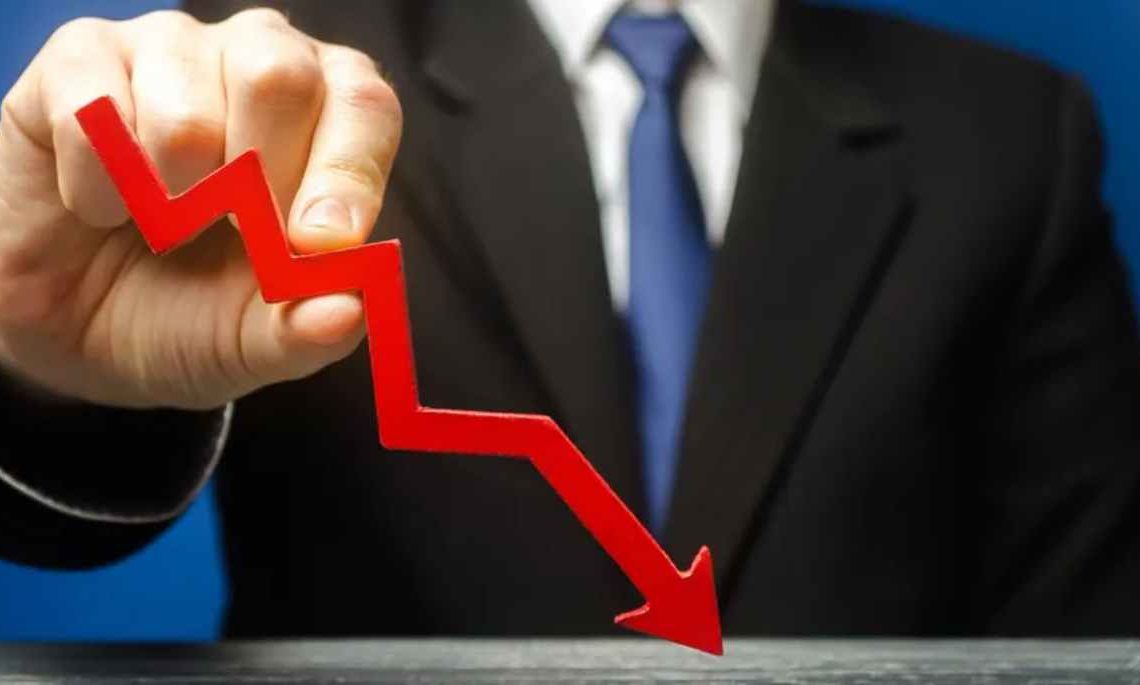
Introduction
The stock market is one of the most significant indicators of a country’s economy. However, it can also be highly volatile, and any significant fluctuations in the stock market can impact the economy’s overall health. One such event that can cause significant concern among investors is a recession. In recent times, the fear of a potential recession has been looming large over the stock market, many investors seeking to buy UK shares are now fearful whether or not to proceed with such investments. In this article, we will explore whether a stock market crash is inevitable during a recession.
Understanding Recession and Its Impact on the Stock Market
A recession is a significant and prolonged decline in economic activity, typically marked by a decline in GDP for two or more consecutive quarters. During a recession, many businesses face financial difficulties, leading to job losses and declining consumer confidence. The stock market often responds to these conditions, and stock prices can fall as investors become increasingly uncertain about the future of the economy.
History and Stock Market Crash During Recessions
Historically, stock market crashes have often coincided with recessions. For instance, the 2008 global financial crisis was a significant recessionary period that saw the stock market crash. Between October 2007 and March 2009, the S&P 500 index fell by over 50%, leading to significant losses for investors. However, not all recessions result in a stock market crash, and many factors can influence how the stock market reacts to a recession.
Market Corrections vs Crashes
It is also important to distinguish between a market correction and a market crash. A market correction is a decline of at least 10% in the stock market index over a short period of time. Corrections are a natural part of the stock market cycle, and they can happen for a variety of reasons, such as changes in interest rates, geopolitical events, or changes in investor sentiment.
On the other hand, a market crash is a sudden and severe decline in the stock market index, usually over a few days or weeks. Market crashes can happen during a recession, but they can also occur due to other reasons, such as a stock market bubble.
Factors Affecting the Stock Market During Recession
Several factors influence the stock market’s performance during a recession. Some of these factors include:
- Government Policies: During a recession, governments often introduce policies aimed at stimulating the economy. For example, the government may cut interest rates or provide financial assistance to struggling businesses. These policies can provide a boost to the stock market and prevent a significant crash.
- Company Performance: The performance of individual companies can also influence the stock market’s performance. Companies that perform well during a recession can attract investors, leading to a rise in stock prices.
Is a Stock Market Crash Inevitable During a Recession?
While a recession can lead to a stock market crash, it is not inevitable. Many factors can influence the stock market’s performance during a recession, and it is impossible to predict how the stock market will react with certainty. For example, during the COVID-19 pandemic, many feared that the recession would lead to a significant stock market crash.
However, while the stock market experienced significant volatility, it ultimately recovered quickly, with the S&P 500 index reaching record highs by August 2020. Thus, if the stock market could survive the pandemic limitations, it is less likely that it would crash now that the pandemic is over with revived economic activities going across the globe.
Conclusion
While the fear of a potential recession and stock market crash is understandable, it is important to remember that not all recessions result in a significant stock market crash. Many factors can influence the stock market’s performance during a recession, including government policies, company performance, and investor sentiment.


